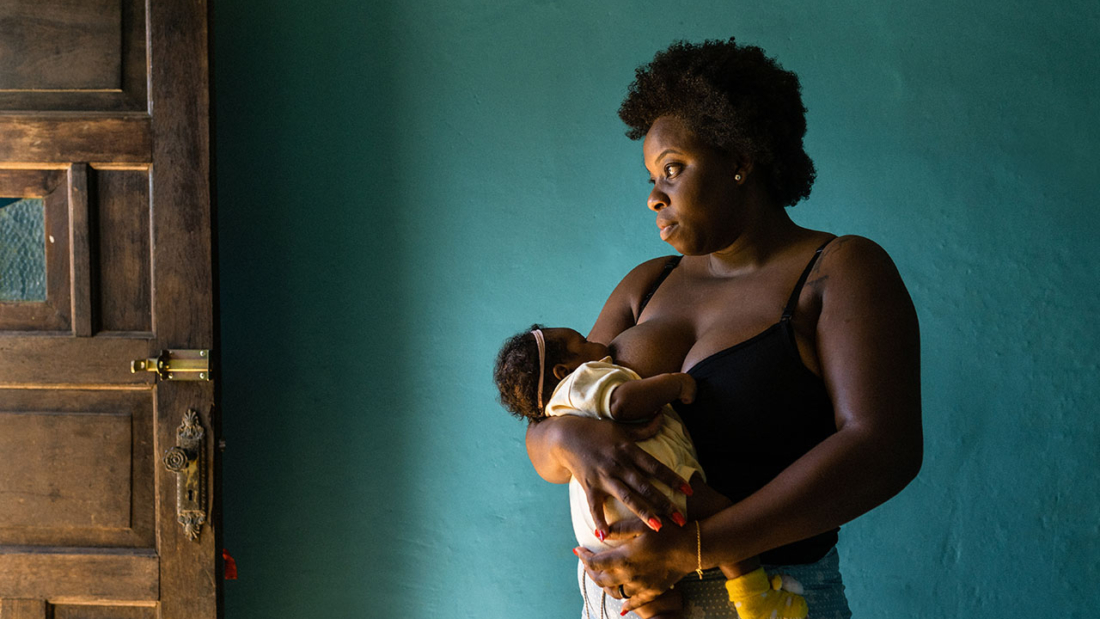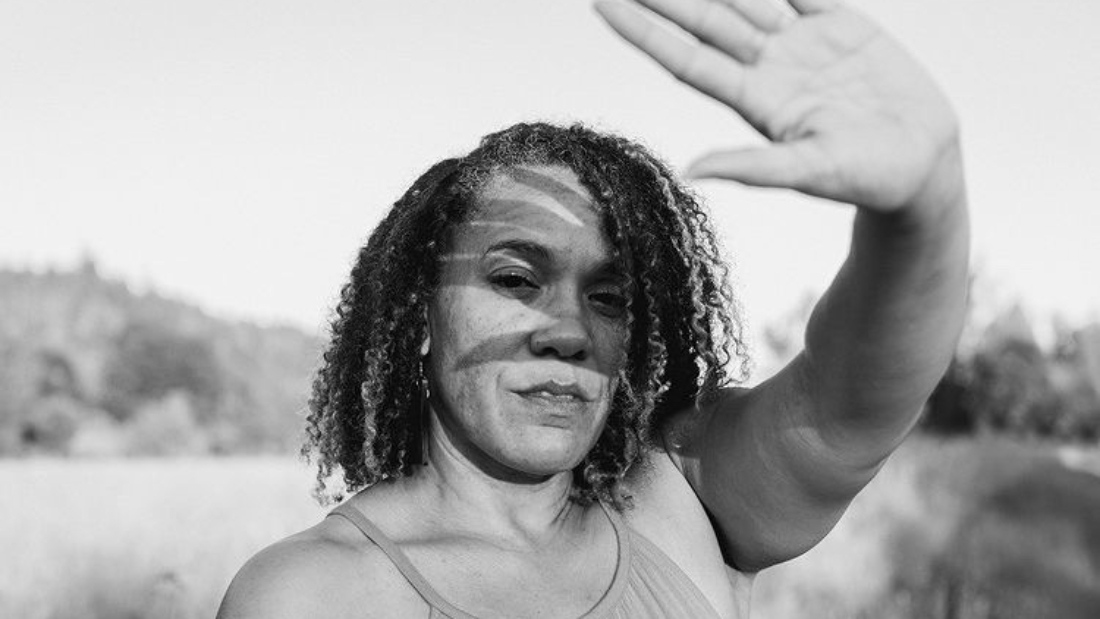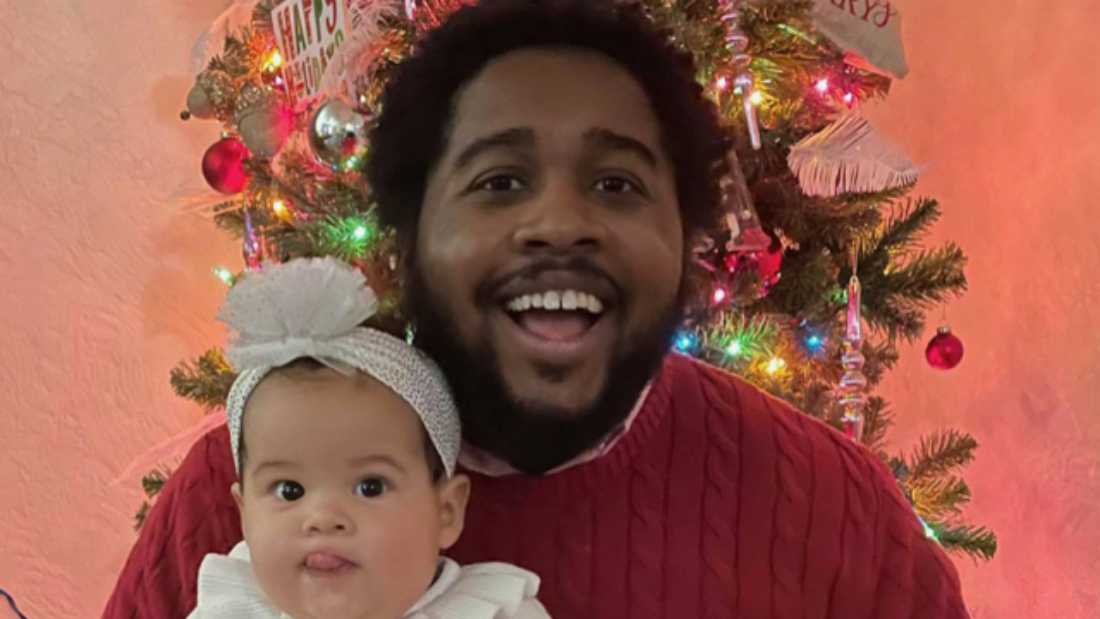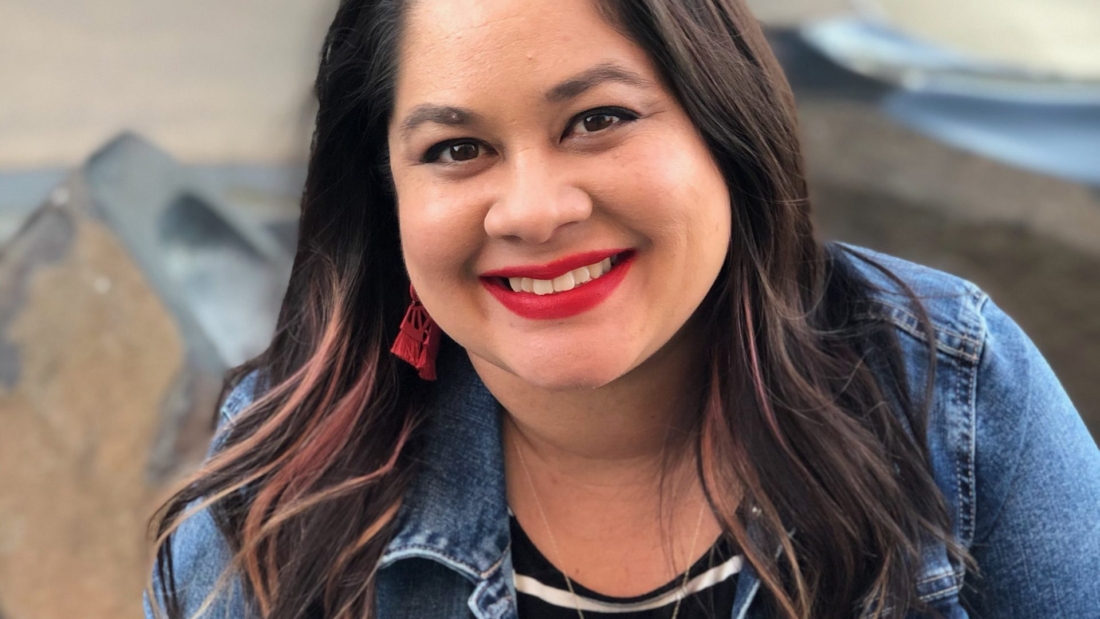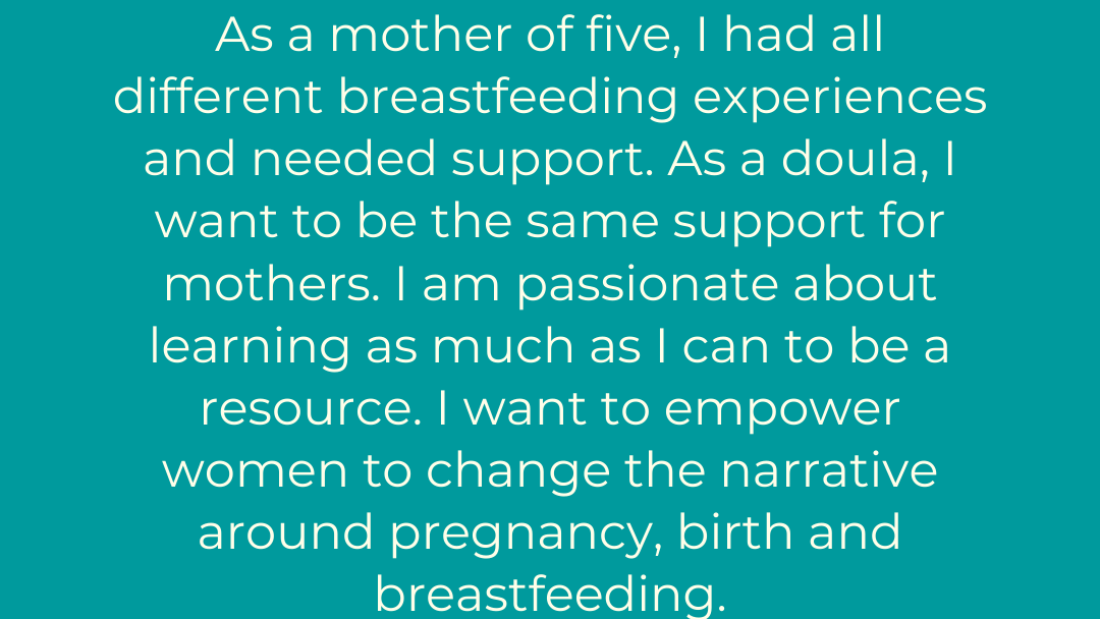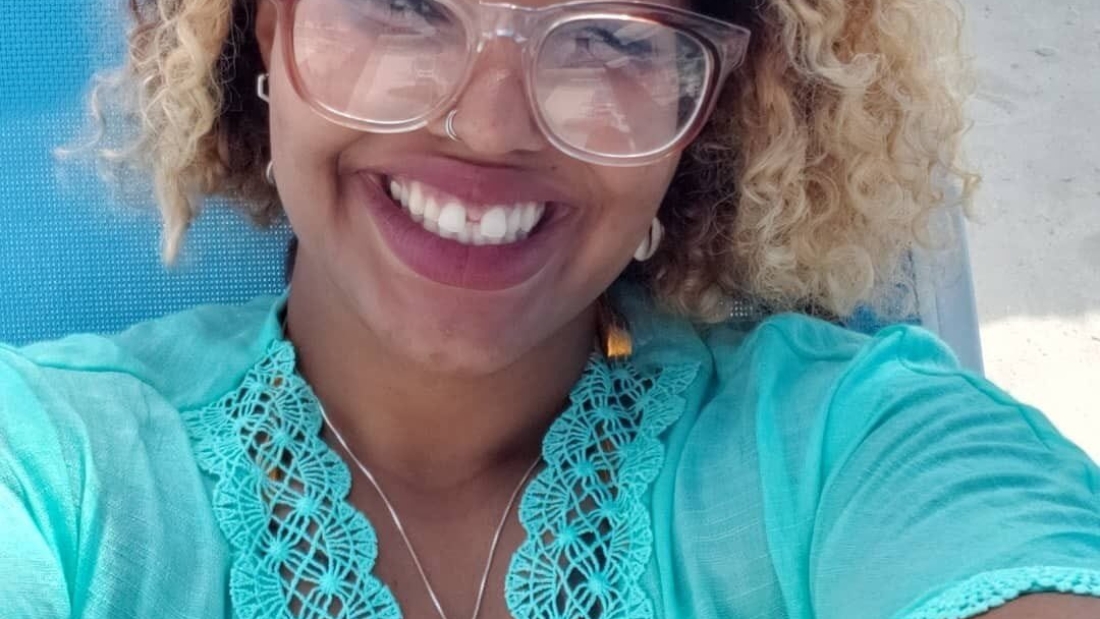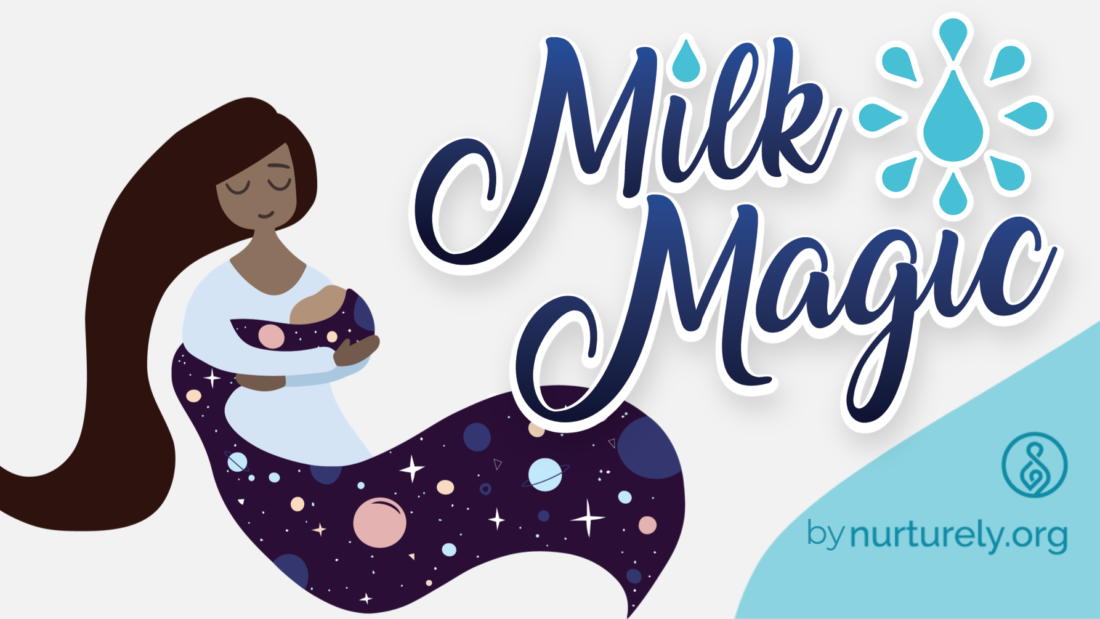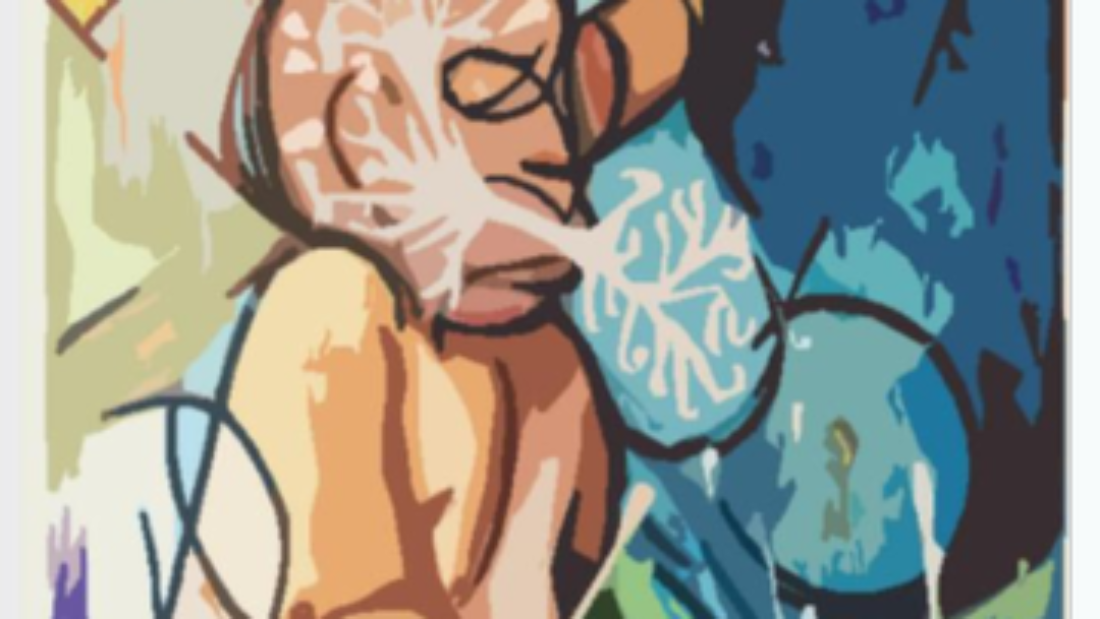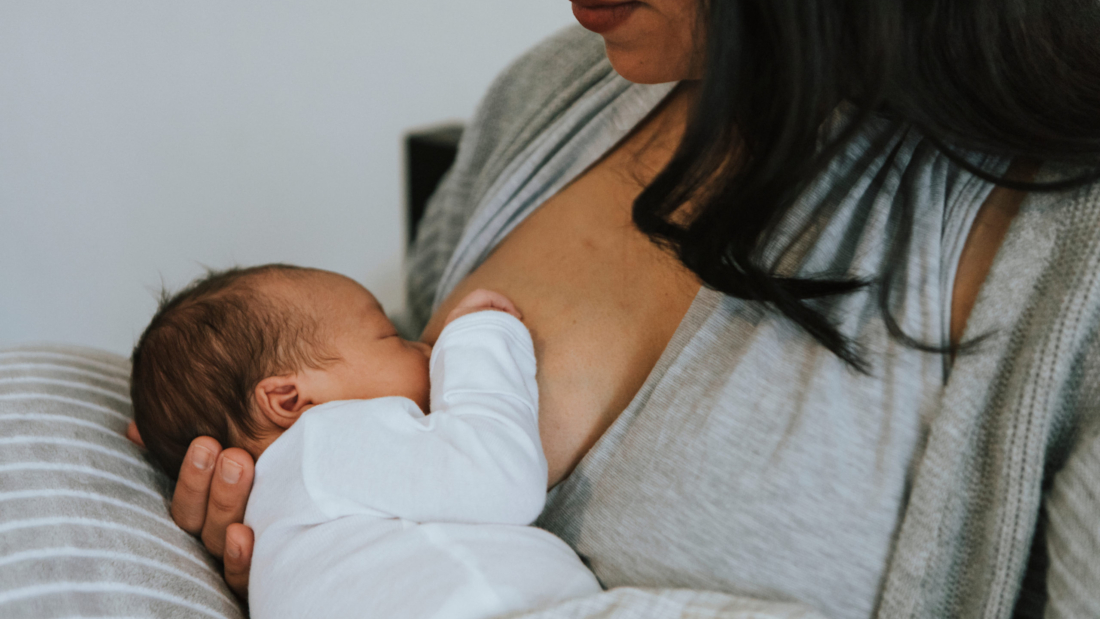It’s one thing when many of our fellow citizens voted for racism and global destruction to be on center stage. It’s another when the companies we use and depend on every day show their true colors.
For years, we have built our work around digital platforms that promised connection, community, and accessibility. But as the political landscape shifts—bringing blatant attacks on racial equity, reproductive justice, and global solidarity—it’s becoming impossible to ignore who is truly benefiting from our presence, our dollars, and our data.
It was already disheartening to watch fellow citizens cast their votes for racism, environmental destruction, and authoritarianism. But now, we are seeing corporations not just passively accepting this reality but actively fueling it.
- The subtle erasure of Black History Month and Women’s History Month in company messaging.
- The rollback of DEI efforts, under the guise of “neutrality.”
- The direct funding of politicians who silence the very words we center in our work—justice, equity, inclusion, liberation.
- The abrupt halting of billions in aid around the world, while these companies continue their extractive business practices worldwide.
Recent developments have highlighted a concerning trend among major corporations scaling back their Diversity, Equity, and Inclusion (DEI) initiatives. For instance, Target announced it is ending its Racial Equity Action and Change program and will no longer participate in external diversity surveys, aligning with other companies like Amazon and McDonald’s that have made similar moves.
How are we supposed to do our good, equity-centered work on platforms that are so out of alignment?
It’s easy to “vote with your dollar” when you’re making a choice for a special birthday present for your best friend and you go straight to the super ethically-made, values-aligned, one-of-a-kind crafts market. But when all of our work is built around these digital platforms and tools, things get more complicated.
But we have to try.
History has shown that a boycott must last at least 180 days to be effective. A boycott of that length leads to two quarters of negative financial reports. That’s what it takes to make a real dent.
Our plan is to make changes that will eventually result in a permanent shift in how we operate!
We are putting this plan into motion now and will not look back unless something drastic changes.
Here are a few of the divestment actions we have in motion:
Company: Meta
Plan for the next month: We will be letting our followers know that we will be stopping all posts on Instagram and Facebook within 6 weeks, and will use the next 6 weeks to make sure we are not leaving anyone behind.
Long-Term Plan: Our accounts will stay visible just as a landing page so people who are searching for racial equity, climate justice, and women’s rights can find us in our new location: in your inbox! Our amazing Creative Coordinator, Annie, will be instead delivering beautiful, educational, advocacy-centered content straight to your inbox every month.
Company: Amazon
Immediate Plan: Canceling Amazon Prime and stopping all orders
Longer-term plan: Finding alternatives to all of the products that we source on Amazon, through Etsy and local, sustainable vendors and Black and global majority owned businesses. Planning ahead for our events and keeping inventory on hand to not need to resort to unnecessarily fast shipping.
Company: Google
Immediate Plan: No active investment/participation through paid ads or similar. Switching to alternate search engines like Duck Duck Go.
Longer-term plan: Research ethical alternatives for our digital infrastructure, including email, storage, and calendar tools.
By taking these steps, we aim to align our operations with our values, supporting companies that truly commit to diversity, equity, and inclusion.
We know this is just scratching the surface and there is much more work to do. Divesting from harmful corporations is a process, not a single act. It requires research, trial-and-error, and collaboration with others seeking ethical alternatives.
We look forward to hearing your thoughts and collaborating with you toward a bright, equity-centered future!

